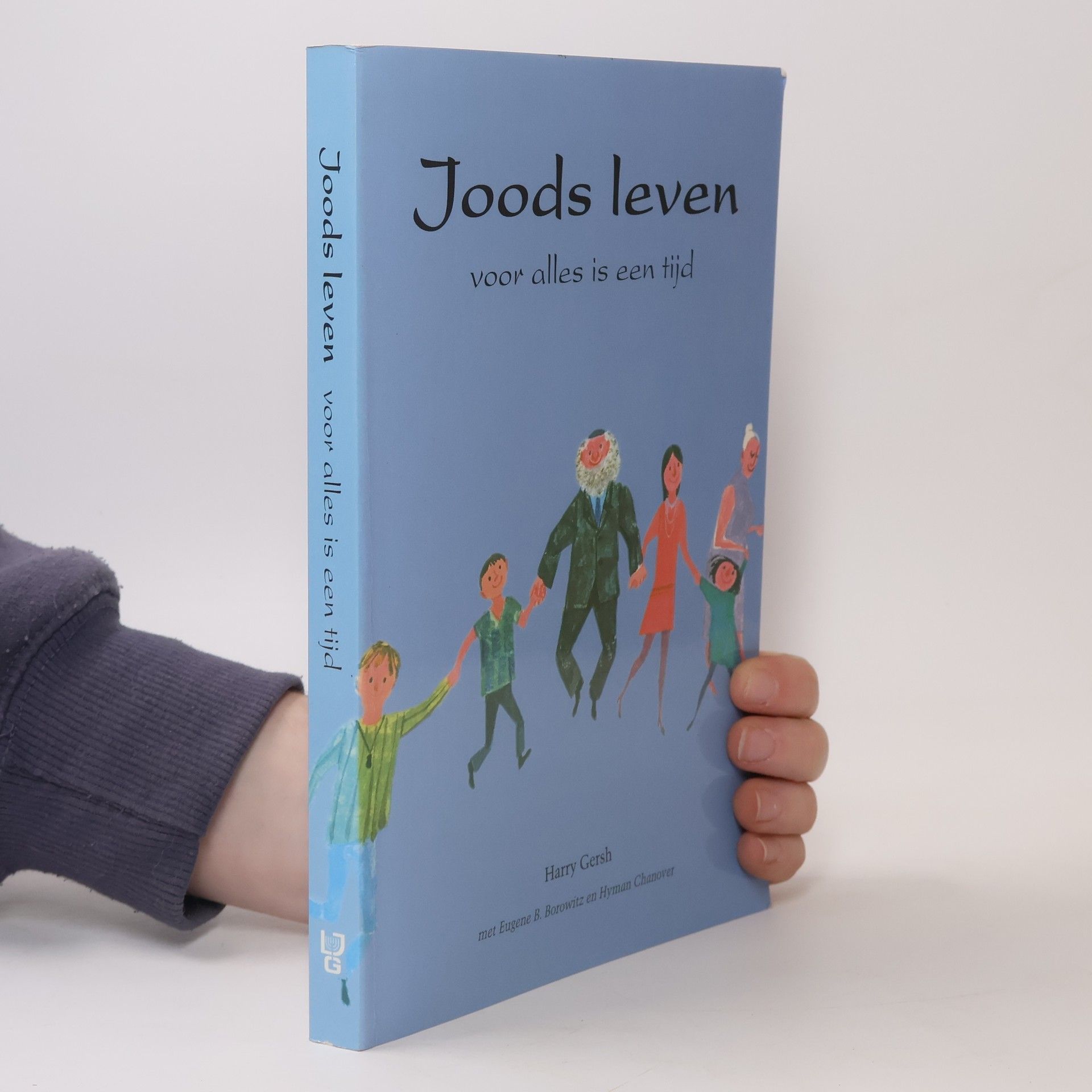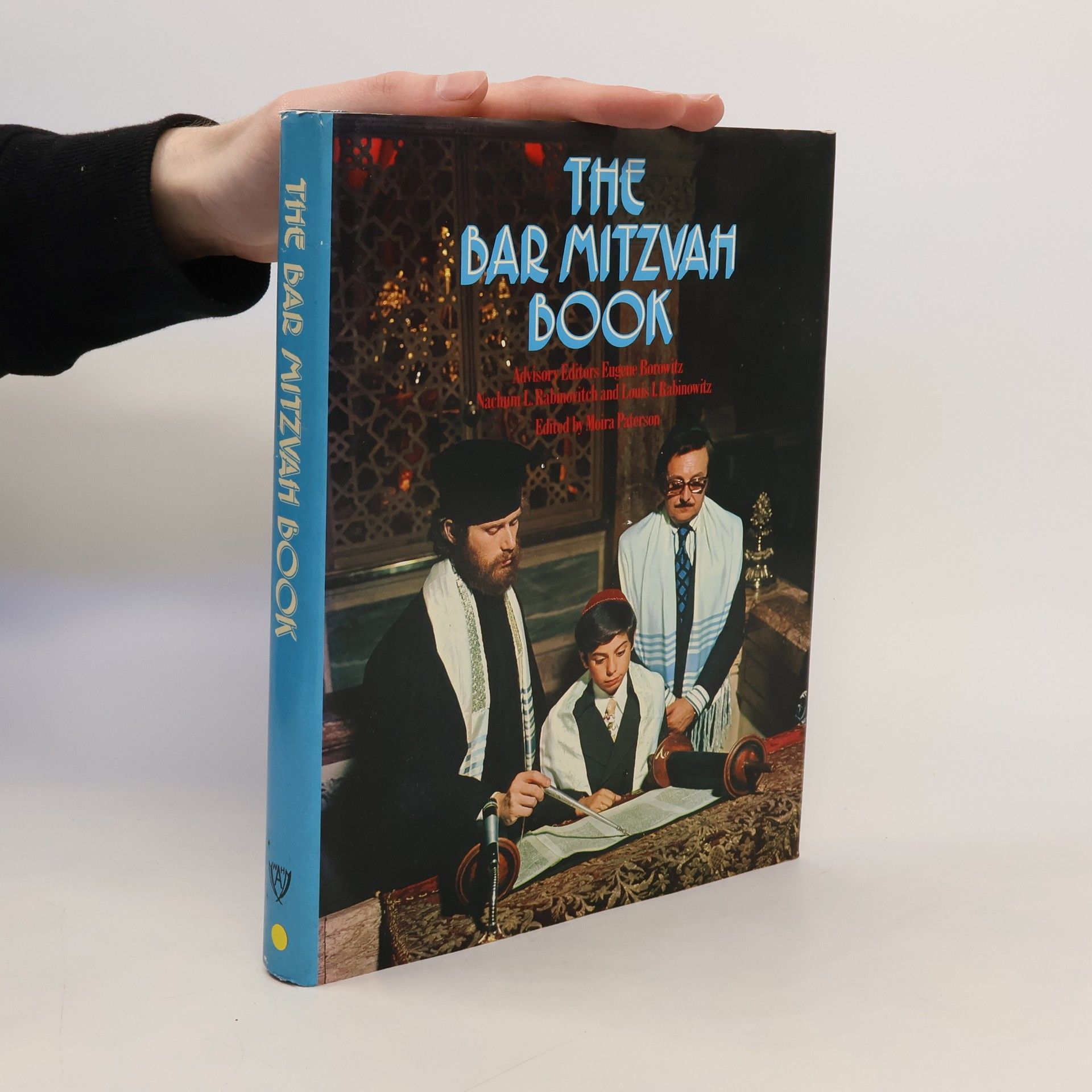The Bar Mitzvah Book
- 224 Seiten
- 8 Lesestunden
The Bar Mitzvah book will provide all the details one needs to know regarding the subject of Bar Mitzvah.
Eugene B. Borowitz ist ein angesehener Gelehrter, der sich auf jüdisches religiöses Denken und dessen Schnittstellen zur Bildung konzentriert. Seine Arbeit befasst sich mit den tiefgreifenden Verbindungen zwischen jüdischen intellektuellen Traditionen und pädagogischen Ansätzen und untersucht deren Relevanz für das heutige Leben. Borowitz' Schriften zeichnen sich durch nachdenkliche Analysen und das Engagement aus, die Landschaft der jüdischen Philosophie zu beleuchten. Leser werden seine Beiträge als intellektuell anregend und inspirierend empfinden.


The Bar Mitzvah book will provide all the details one needs to know regarding the subject of Bar Mitzvah.
Informatie over het vieren van joodse feesten, gericht op joodse jongeren.